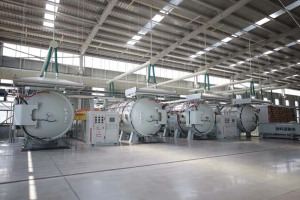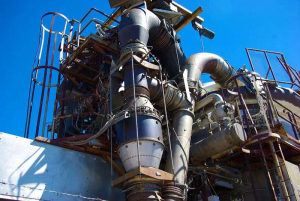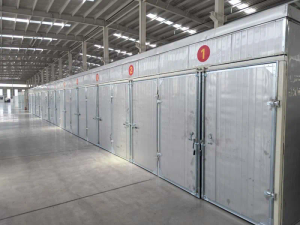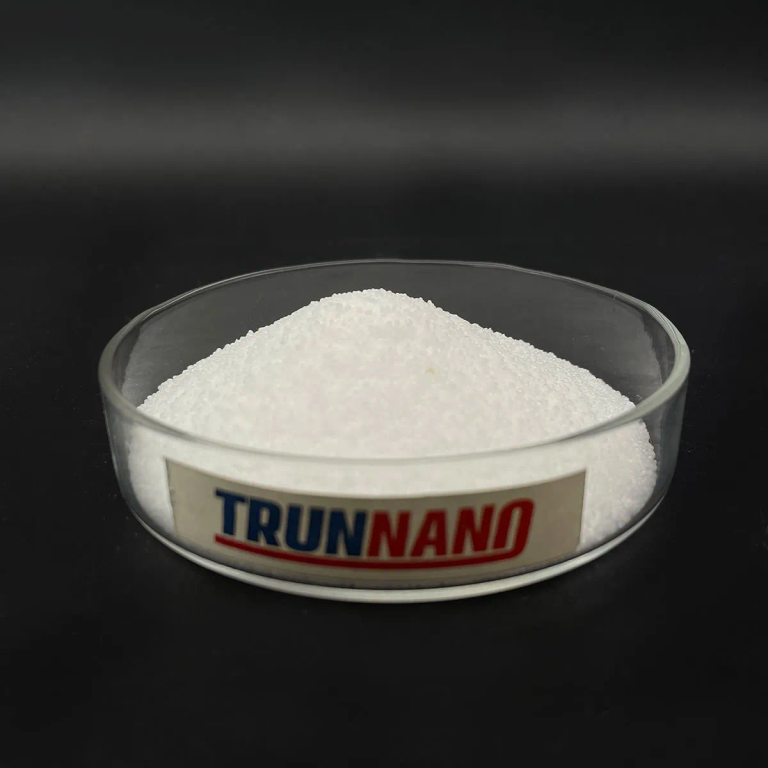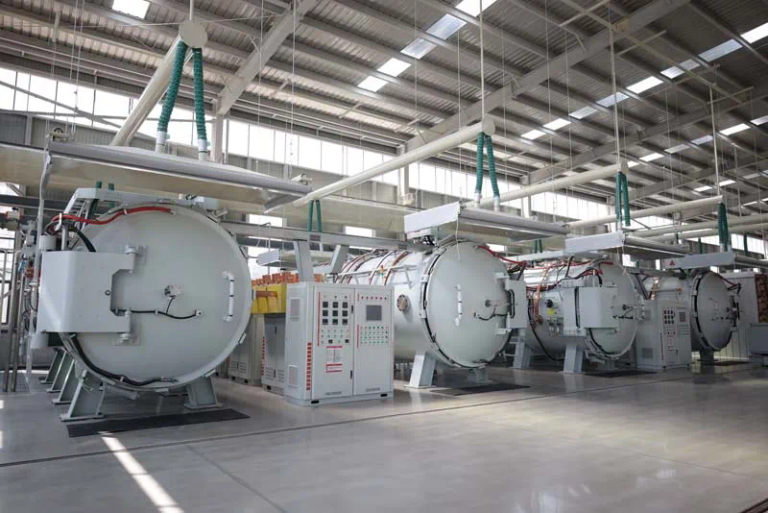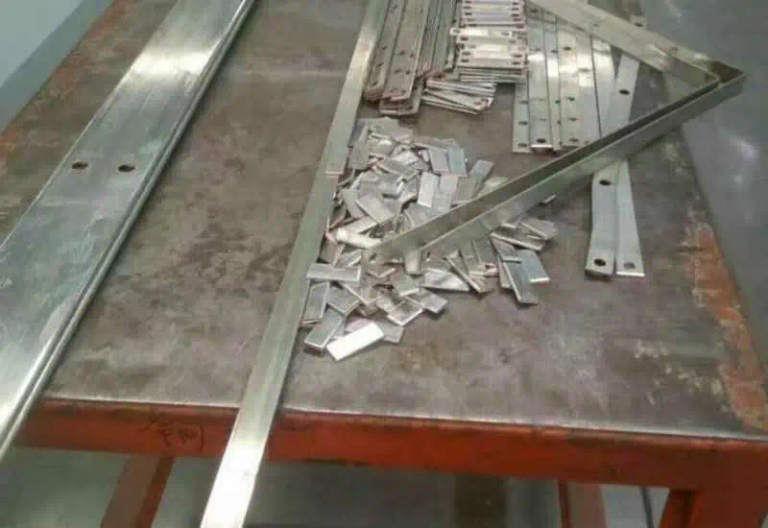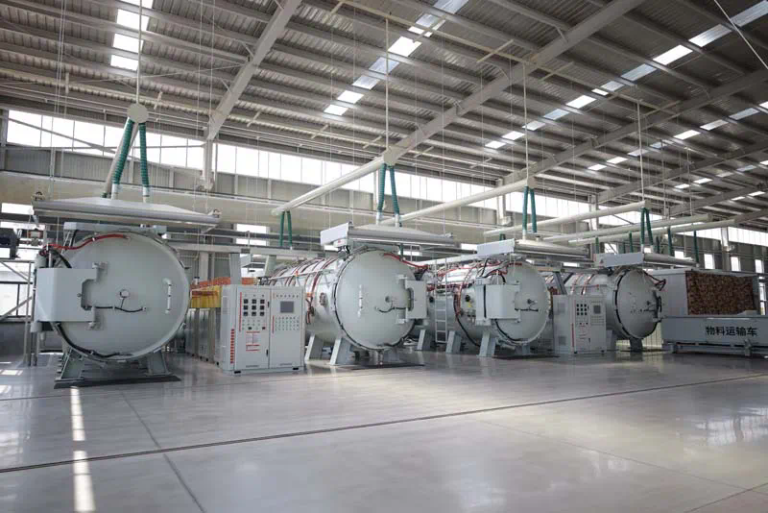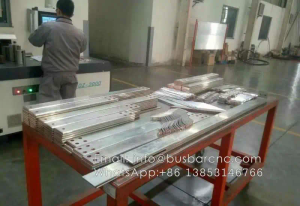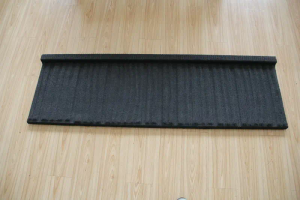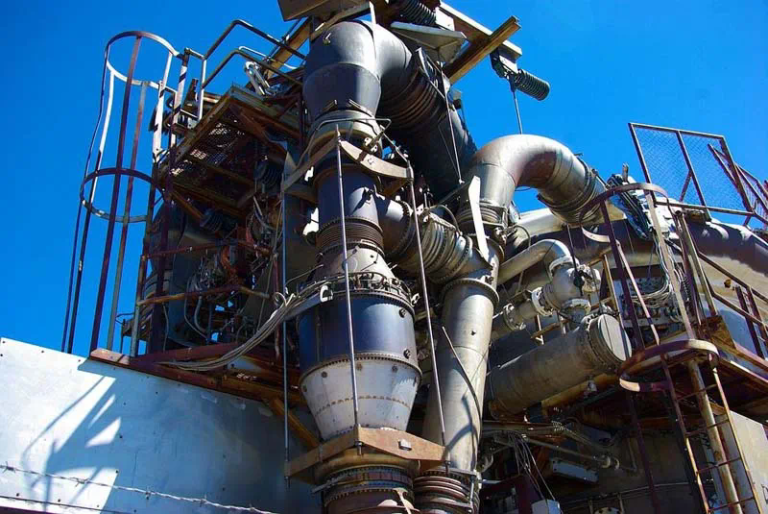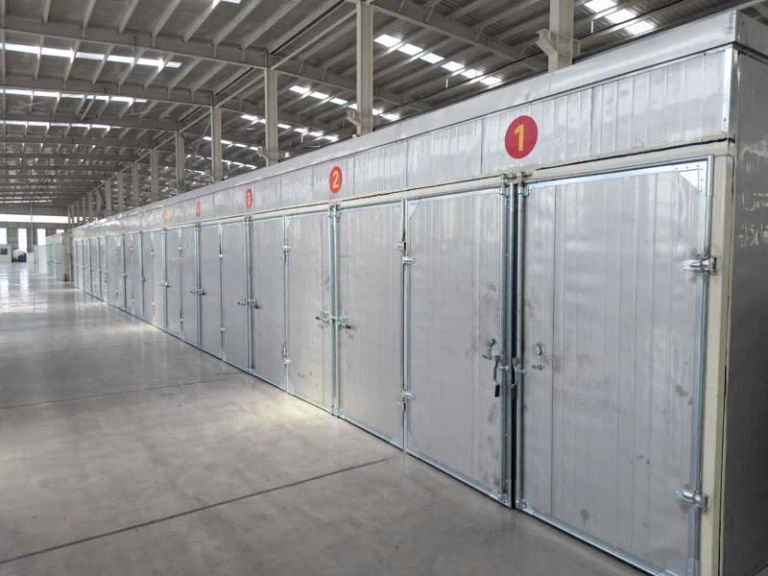The Environmental Impact of CNCs – The Future of Sustainable Manufacturing
Computer Numerical Control (CNC) machines have revolutionized the manufacturing industry, offering precise and efficient solutions for a wide range of production processes. However, as the global focus on sustainability and environmental impact continues to grow, it is essential to consider the ecological footprint of CNCs and explore how they can contribute to sustainable manufacturing practices.
The Rise of CNC Machines
CNC machines have become a staple in modern manufacturing facilities due to their ability to automate and streamline production processes. These machines use computer-controlled systems to operate various tools and equipment, allowing for high levels of precision and repeatability in manufacturing operations. From cutting and milling to drilling and 3D printing, CNC machines are versatile tools that have transformed the way products are created across industries.
Environmental Concerns
While CNC machines offer numerous benefits in terms of efficiency and productivity, they also raise environmental concerns that need to be addressed. One of the primary issues is the energy consumption associated with operating CNC machines. These machines require significant amounts of electricity to function, contributing to overall energy consumption and carbon emissions.
Waste Generation
Another environmental impact of CNC machines is the generation of waste materials during the manufacturing process. From metal shavings and scraps to plastic waste from 3D printing, the disposal of these byproducts can have detrimental effects on the environment if not managed properly. Implementing recycling programs and sustainable waste management practices is crucial to mitigate the environmental impact of CNC machines.
Material Usage
Furthermore, the materials used in CNC manufacturing can also have environmental implications. Certain materials, such as metals and plastics, may have significant carbon footprints due to extraction, processing, and transportation processes. By opting for sustainable and eco-friendly materials, manufacturers can reduce the environmental impact of CNC machining.
Advancements in Sustainable CNCs
Despite these challenges, the manufacturing industry is actively exploring ways to make CNC machines more sustainable and environmentally friendly. One approach is the development of energy-efficient CNC machines that optimize power usage and reduce carbon emissions. Additionally, advancements in recycling technologies enable manufacturers to repurpose waste materials generated during the manufacturing process.
Green Manufacturing Practices
Implementing green manufacturing practices is another crucial step towards reducing the environmental impact of CNC machines. This includes optimizing production processes to minimize waste generation, adopting renewable energy sources, and incorporating sustainable materials into manufacturing operations. By embracing eco-friendly practices, manufacturers can significantly reduce their carbon footprint and contribute to a more sustainable future.

Regulatory Compliance
Regulatory bodies around the world are also playing a key role in promoting sustainable manufacturing practices. By imposing stricter environmental regulations and standards, governments are incentivizing manufacturers to adopt cleaner and greener technologies, including CNC machines. Compliance with these regulations not only benefits the environment but also enhances the reputation and competitiveness of manufacturing companies.
Collaborative Efforts
Collaboration among stakeholders in the manufacturing industry is essential for driving sustainable practices forward. Manufacturers, suppliers, policymakers, and environmental organizations must work together to develop innovative solutions that minimize the environmental impact of CNC machines. By sharing knowledge, resources, and best practices, the industry can collectively move towards a more sustainable manufacturing ecosystem.
The Future of Sustainable Manufacturing
As the demand for sustainable products and practices continues to rise, the role of CNC machines in sustainable manufacturing will become increasingly important. By leveraging technology, innovation, and collaboration, manufacturers can enhance the environmental performance of CNC machines and pave the way for a more sustainable future. Embracing sustainability in CNC machining is not only an ethical imperative but also a strategic advantage in an increasingly eco-conscious market.
In conclusion, the environmental impact of CNC machines is a significant consideration for the manufacturing industry as it strives towards sustainability. By addressing energy consumption, waste generation, material usage, and implementing green practices, manufacturers can minimize the ecological footprint of CNC machines and contribute to a more environmentally responsible manufacturing sector. With ongoing advancements and collaborative efforts, CNC machines have the potential to drive sustainable manufacturing practices and shape a greener future for the industry.

